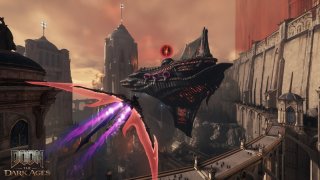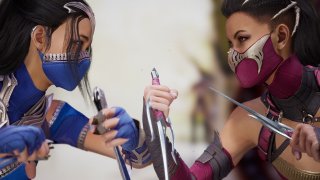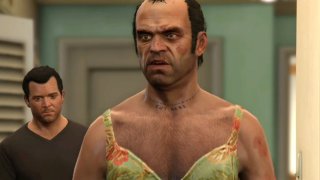The closure of Monolith Productions, the studio behind iconic franchises like Fear and the Middle-earth series (famous for its groundbreaking Nemesis System), came as a devastating surprise to its founders and fans alike. The studio had been working on a highly anticipated game based on Wonder Woman , with development costs exceeding $100 million. However, the project was far from completion when Warner Bros. made the decision to shut down the studio after nearly three decades of operation.
In a candid interview, one of Monolith’s co-founders, Garrett Price, admitted he never saw this outcome coming:
I never thought Monolith would ever close.
Monolith had been a cornerstone of the gaming industry for almost 30 years, but following the release of Middle-earth: Shadow of War in 2017, the studio failed to release any new titles. The Wonder Woman game, announced three years ago, faced numerous challenges due to leadership changes and internal struggles, ultimately leading to its cancellation alongside the studio’s closure.
Another co-founder, Toby Gladwell, reflected on the studio’s creative philosophy, emphasizing that Monolith always pursued projects they were passionate about rather than following trends.
We just made what we thought was cool
However, after being acquired by Warner Bros. in 2005, Monolith shifted its focus to developing games based on the parent company’s intellectual properties. This change significantly slowed the studio’s output. In the 2000s, Monolith released 12 games, but in the 2010s, that number dropped to just three.
The closure of Monolith Productions occurred amid Warner Bros.’ broader struggles in the gaming sector. The disastrous performance of Suicide Squad: Kill the Justice League , which cost $200 million to develop, highlighted the risks of big-budget AAA projects. While Hogwarts Legacy became one of the company’s most successful releases, Warner Bros. has increasingly pivoted toward live-service, free-to-play models.
This strategic shift left little room for studios like Monolith, whose expertise lay in narrative-driven, single-player experiences. The cancellation of the Wonder Woman game underscores Warner Bros.’ reluctance to invest further in costly, high-risk projects without guaranteed returns.
Main image: x.com

 Alexander "peter bjorn" Fadin
Alexander "peter bjorn" Fadin


















0 comments